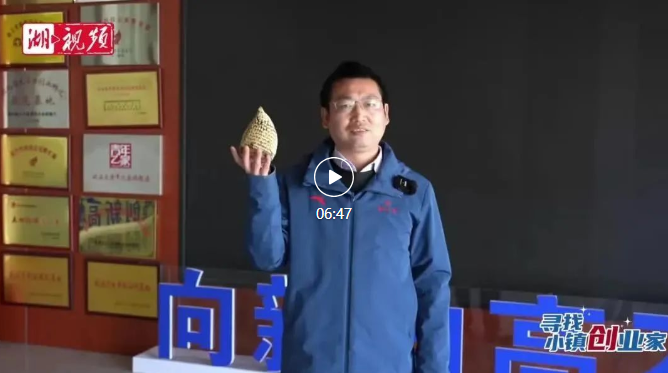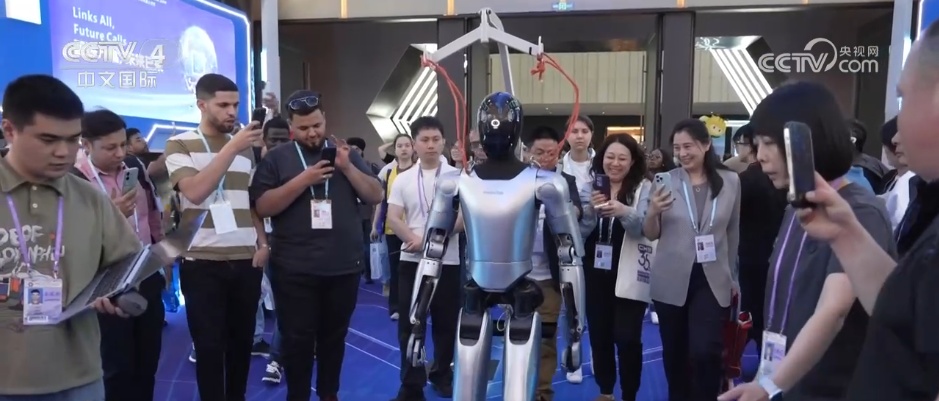Rethinking the consequences of U.S. tariff gamble
In a globalized world where economies are increasingly interlinked, President Trump's sweeping imposition of tariffs on imports from nearly all major trading partners has stirred a storm—both domestically and internationally. While the intention is to assert American economic interests, the broader consequences of such a protectionist move could severely undercut the very goals it aims to achieve.。
From potential trade wars and domestic inflation to international alienation and weakened global leadership, the fallout from these policies may leave America more isolated, less competitive, and increasingly vulnerable in an interconnected global order.。

Tariffs in theory vs. reality。

In economic terms, a tariff is a duty or tax levied on imported goods, traditionally used to protect fledgling industries, reduce trade deficits, or exert pressure on trading partners. Historically, countries like the U.S. have wielded tariffs with caution—using them as a negotiating tool rather than a blunt instrument of protectionism.。

But today's context is different. The U.S. is no longer a manufacturing-heavy economy. Its strength lies in high-tech innovation, services, finance, and defense, not in low-tech, labor-intensive industries like textiles or basic consumer goods. Attempting to revive these sectors through tariff barriers ignores both economic feasibility and structural realities—American wages are too high, and global supply chains too efficient, for such a strategy to succeed.。
A unilateral decision with limited consensus。
Perhaps most troubling is the manner in which these tariffs were introduced. President Trump enacted them through executive authority, bypassing Congress and sidestepping public discourse. Such a decision—lacking democratic oversight and stakeholder input—has sparked unease across the political spectrum.。
Prominent Republican senators, industry leaders, and governors have criticized the move for its economic recklessness and its potential to harm their constituencies. Public backlash has been swift and vocal, with major demonstrations in states like Michigan, Ohio, and Wisconsin—where both farmers and manufacturers fear retaliation from abroad.。
Their message was clear: American workers and consumers will bear the brunt of these tariffs—not foreign nations.。
Who really pays for tariffs?
Despite political rhetoric, tariffs are not paid by foreign exporters. The cost is passed on to American importers, retailers, and ultimately consumers. Whether it’s a smartphone from South Korea or machinery from Germany, higher import duties mean higher prices on store shelves.。
A recent analysis by the U.S. Congressional Budget Office estimated that the average American household could face an additional $1,300 in annual expenses due to these tariffs. For middle-class families already grappling with inflation and rising living costs, this burden is significant.。
Moreover, small businesses—which form the backbone of the U.S. economy—are disproportionately affected. Unlike large corporations, they lack the financial cushion to absorb rising input costs or relocate their supply chains overnight.。
Global reaction: Allies alarmed, rivals energized。
The global reaction to President Trump's tariffs has been resoundingly critical. Traditional U.S. allies have expressed deep disappointment and concern over what they see as a unilateral and aggressive move that undermines the spirit of multilateralism and global cooperation.。
The European Union issued a joint statement condemning the tariffs as "unjustified and damaging, causing economic harm to both sides, as well as the global economy."。
Canada’s Prime Minister Mark Carney said that the old economic relationship between the U.S. and Canada is “over,” vowing that Ottawa will respond “forcefully.”。
The Chinese government strongly condemns and firmly opposes U.S. abuse of tariffs.。
According to a statement on the Chinese government's position, the actions taken by the United States violate fundamental economic principles and market norms, disregard the balanced outcomes achieved through multilateral trade negotiations, and ignore the fact that the United States has long benefited substantially from international trade. Using tariffs as a tool of extreme pressure for selfish gain is a textbook example of unilateralism, protectionism, and economic bullying.。
Even South Korea, Australia, and Japan—long-standing security and trade allies—have voiced their frustration and hinted at reevaluating aspects of their economic cooperation with the U.S.。
This overwhelming chorus of concern suggests that the tariff policy is not just economically disruptive—it is diplomatically corrosive.。
Global retaliation: A domino effect。
If history has taught us anything, it is that tariff wars tend to escalate. In response to U.S. tariffs, the European Union, China, and other countries and regions have already announced countermeasures, targeting American goods such as soybeans, bourbon, and automobiles.。
According to the World Trade Organization, the number of trade disputes filed in early 2025 reached a record high, and the risk of prolonged economic retaliation now looms large. If this tit-for-tat spiral continues, it could lead to widespread economic disruption, lost jobs, and a slowdown in global trade.。
The World Bank warned that U.S. across-the-board tariffs of 10% could reduce already lackluster global economic growth of 2.7% in 2025 by 0.3 percentage point if America's trading partners retaliate with tariffs of their own. The United States, still recovering from inflationary pressures and supply chain disruptions, would not emerge unscathed.。
Undermining U.S. alliances and global influence。
Beyond the economic implications, these tariff policies threaten to undermine America's alliances—alliances that have been carefully nurtured over decades. Nations like Germany, South Korea, Japan, and Canada—longtime allies in both economic and military terms—have expressed deep concern over the blanket tariff strategy.。
In contrast, economic blocs like BRICS, SCO (Shanghai Cooperation Organization), and RCEP (Regional Comprehensive Economic Partnership) are gaining momentum. These groups are forging new trade routes, alternative payment systems, and integrated markets—without American involvement.。
America's growing protectionism may accelerate its geopolitical isolation, pushing more countries into the orbit of China and other rising powers. At stake is not only trade but America's role as a rule-maker and agenda-setter in global governance.。
Rethinking the path forward。
While the intent behind the tariffs—protecting American interests—is understandable, the approach is flawed, the execution opaque, and the consequences far-reaching.。
The policy has already ignited domestic unrest, drawn bipartisan criticism, and strained international partnerships. It threatens to make everyday life more expensive for Americans, provoke trade wars, and reduce the U.S.'s global relevance.。
Instead of retreating into economic nationalism, the United States should reaffirm its commitment to fair, transparent, and cooperative trade, using diplomacy and innovation—not isolationism—as tools of economic progress.。
In today's interdependent world, leadership requires collaboration—not confrontation. America must choose wisely.。
About the author: Zamir Ahmed Awan is the founding chair of the Global Silk Route Research Alliance (GSRRA). He is a sinologist and former diplomat. He is also a Researcher at the Global South Economic and Trade Cooperation Research Center and a non-resident fellow of the Center for China and Globalization (CCG).。
(责任编辑:综合)
-
 湖北日报全媒记者 黄磊 通讯员 黄宣。4月10日,我国驻柬埔寨大使汪文斌,发布帖文点赞武汉黄陂区云雾山的杜鹃花海。他说,武汉云雾山“春意盎然,我国中部武汉市木兰云雾山,雨后春笋的映山红,描绘了一幅充满
...[详细]
湖北日报全媒记者 黄磊 通讯员 黄宣。4月10日,我国驻柬埔寨大使汪文斌,发布帖文点赞武汉黄陂区云雾山的杜鹃花海。他说,武汉云雾山“春意盎然,我国中部武汉市木兰云雾山,雨后春笋的映山红,描绘了一幅充满
...[详细]
-
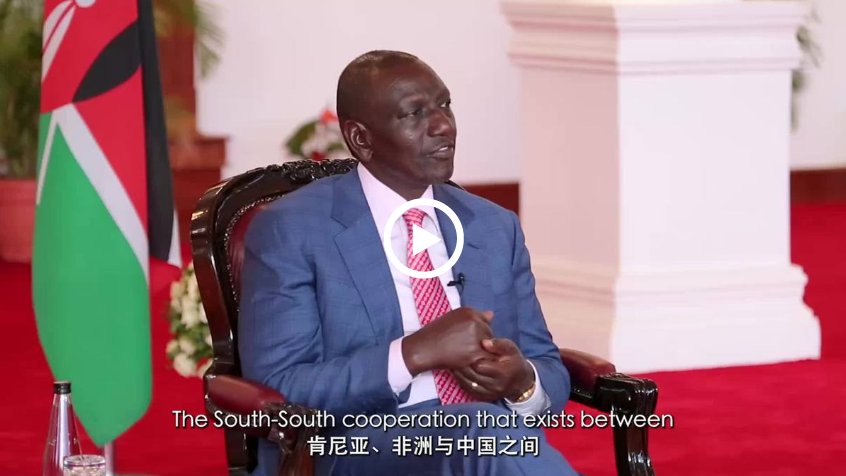 我国日报4月23日电 近来,肯尼亚总统鲁托承受我国日报采访时着重,肯中之间的南南协作是推动中非协作论坛施行的重要力气,对两边都有重要意义。凭仗肯尼亚在非洲东海岸的战略区位、蒙巴萨和拉穆港口及“一带一路
...[详细]
我国日报4月23日电 近来,肯尼亚总统鲁托承受我国日报采访时着重,肯中之间的南南协作是推动中非协作论坛施行的重要力气,对两边都有重要意义。凭仗肯尼亚在非洲东海岸的战略区位、蒙巴萨和拉穆港口及“一带一路
...[详细]
-
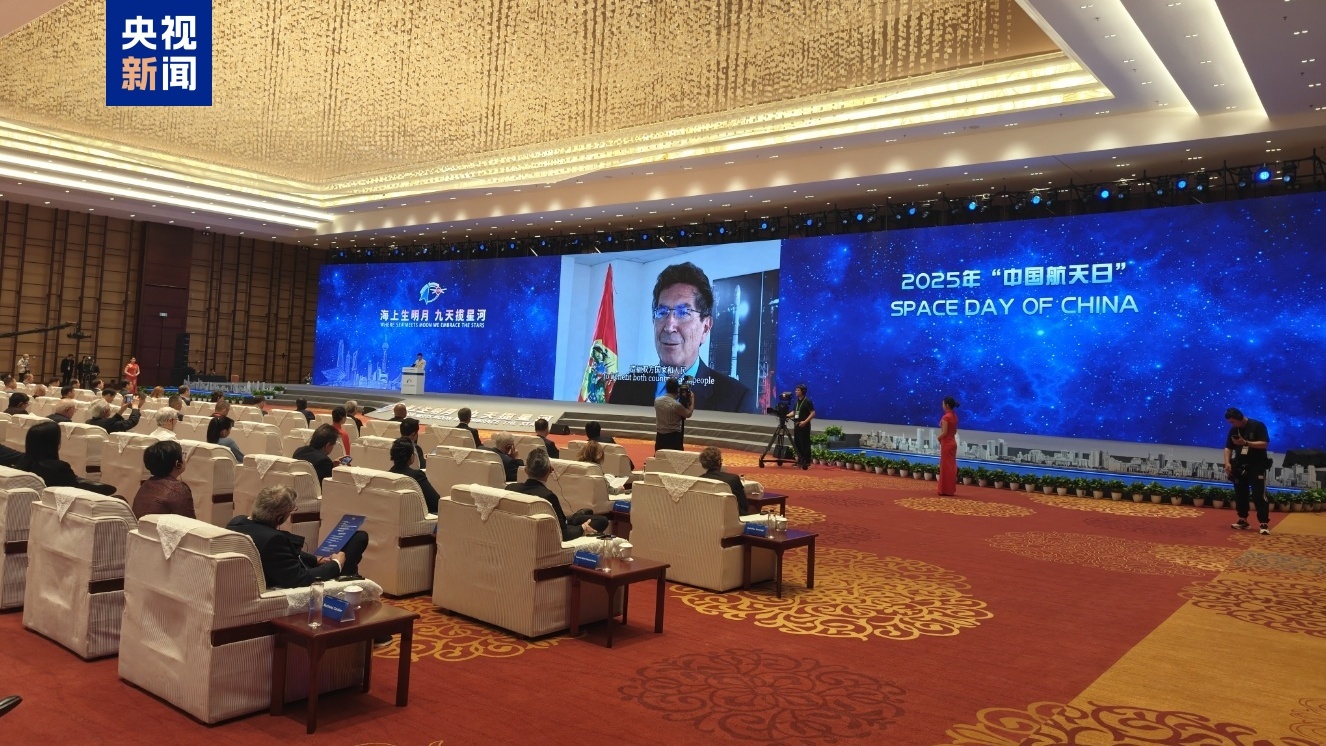 今日,在第十个我国航天日的主场发动典礼上,我国国家航天局发布了《嫦娥五号使命月球样品世界借用请求成果》《嫦娥八号使命协作项目遴选成果》《天问三号火星取样回来使命世界协作机会公告》,我国在深空勘探范畴将
...[详细]
今日,在第十个我国航天日的主场发动典礼上,我国国家航天局发布了《嫦娥五号使命月球样品世界借用请求成果》《嫦娥八号使命协作项目遴选成果》《天问三号火星取样回来使命世界协作机会公告》,我国在深空勘探范畴将
...[详细]
-
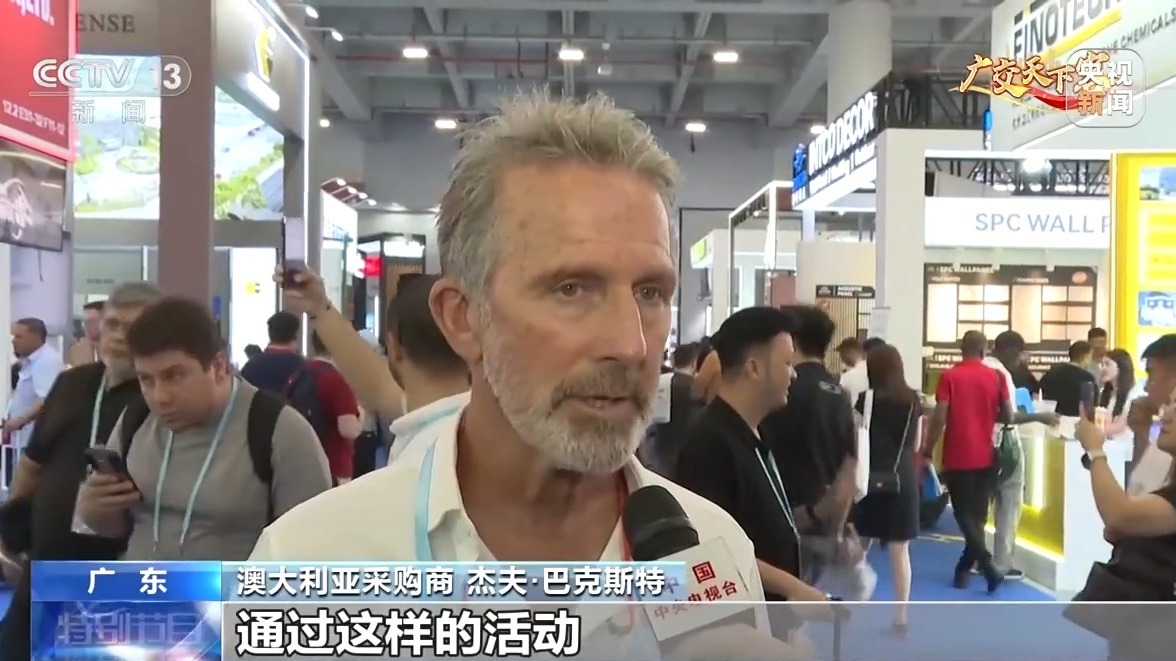 第137届广交会方案举行1000多场交易促进活动。昨日23日),一场为澳大利亚收购商举行的专场商务考察对接会,让收购商和我国参展企业现场进行深度攀谈,推进中澳工业协作。在广交会展馆会议室,来自澳大利亚
...[详细]
第137届广交会方案举行1000多场交易促进活动。昨日23日),一场为澳大利亚收购商举行的专场商务考察对接会,让收购商和我国参展企业现场进行深度攀谈,推进中澳工业协作。在广交会展馆会议室,来自澳大利亚
...[详细]
-
 据世界糖尿病联盟的数据显现。我国作为糖尿病榜首大国。患病人数已超1.4亿!糖尿病有100多种并发症。放任不管时。器官、安排好像泡在高浓度的糖水里。但其实糖尿病是有机遇反转的。快一同来看看吧~。01。血
...[详细]
据世界糖尿病联盟的数据显现。我国作为糖尿病榜首大国。患病人数已超1.4亿!糖尿病有100多种并发症。放任不管时。器官、安排好像泡在高浓度的糖水里。但其实糖尿病是有机遇反转的。快一同来看看吧~。01。血
...[详细]
-
 荆楚网湖北日报网)讯通讯员 王正兴)“真的太感谢你们了!要是丢了钱包我可不知如何是好!”4月21日,杨婆婆带着一面写有“专心为民办实事,情系大众解民忧”的锦旗来到京山市公安局坪坝派出所,对民警帮她找回
...[详细]
荆楚网湖北日报网)讯通讯员 王正兴)“真的太感谢你们了!要是丢了钱包我可不知如何是好!”4月21日,杨婆婆带着一面写有“专心为民办实事,情系大众解民忧”的锦旗来到京山市公安局坪坝派出所,对民警帮她找回
...[详细]
-
1970—2025,神二十发射遇上“东方红一号”发射55周年
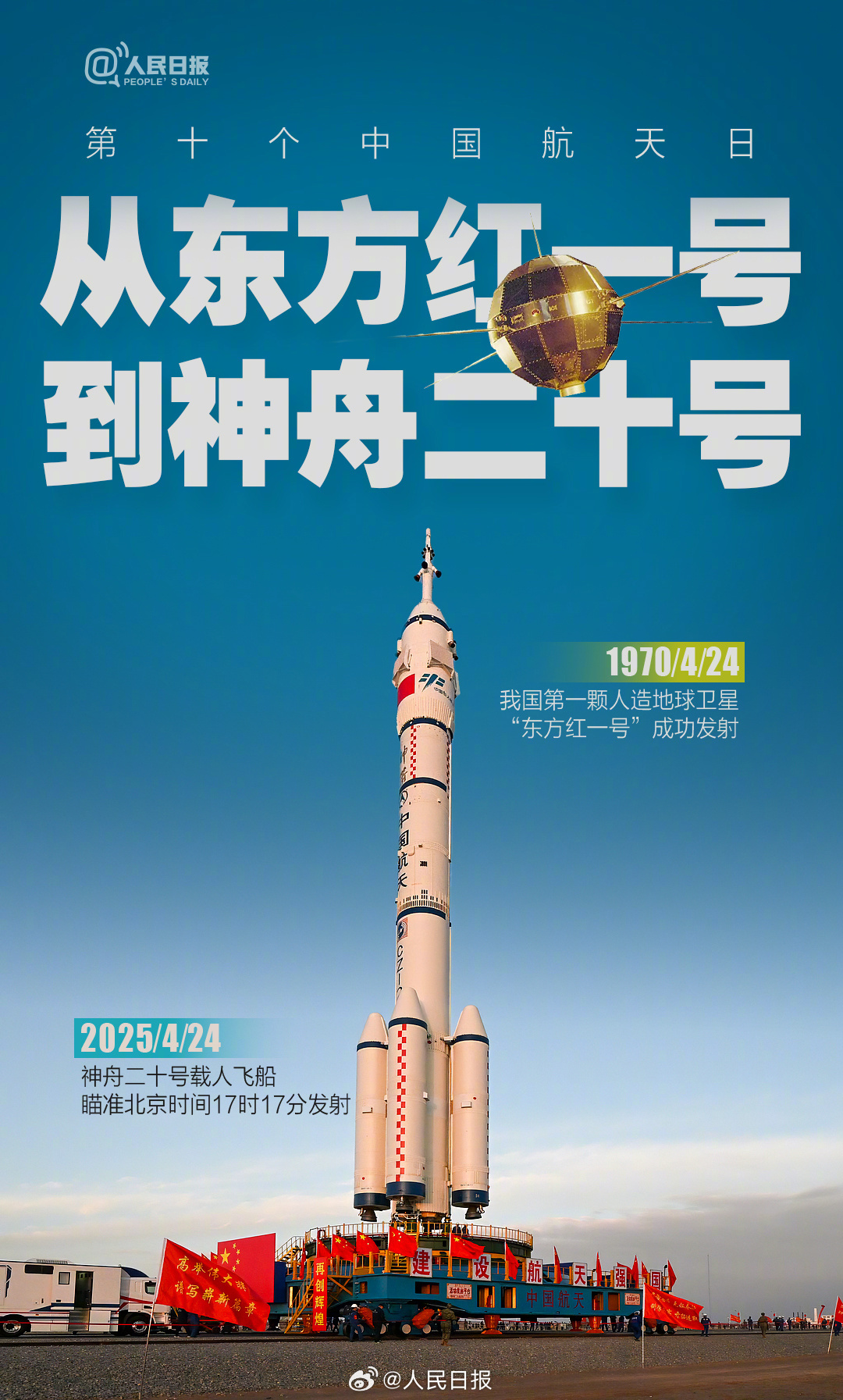 1970年的今日,我国第一颗人造地球卫星“东方红一号”成功发射,敞开了中国人的太空探索之旅;55年后,神舟二十号载人飞船将奔赴“天宫”。星斗征程,咱们永不停步。第10个中国航天日,未来非常可期!
...[详细]
1970年的今日,我国第一颗人造地球卫星“东方红一号”成功发射,敞开了中国人的太空探索之旅;55年后,神舟二十号载人飞船将奔赴“天宫”。星斗征程,咱们永不停步。第10个中国航天日,未来非常可期!
...[详细]
-
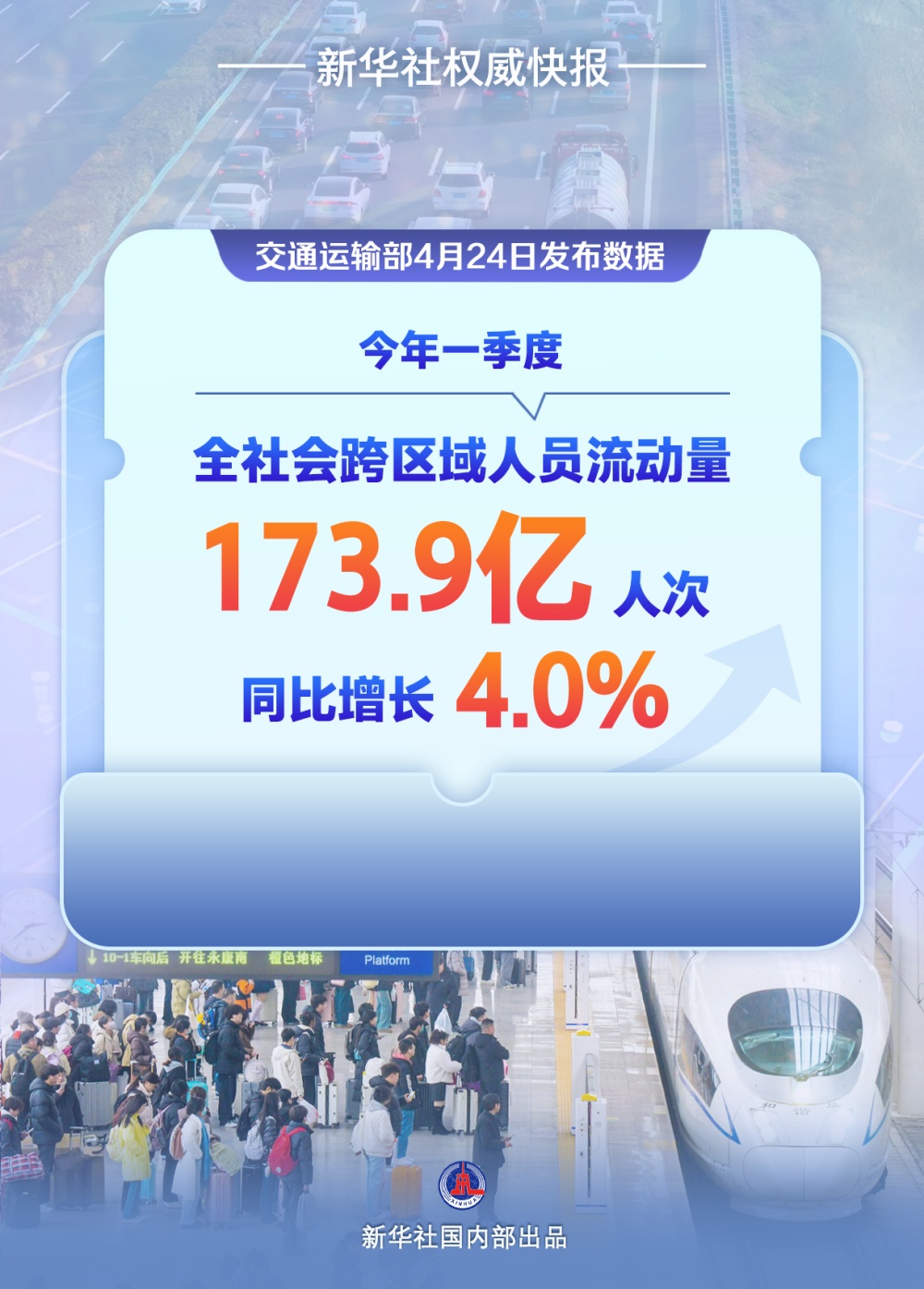 4月24日。交通运输部发布数据。2025年一季度。全社会跨区域人员活动量为173.9亿人次。同比增加4.0%。全社会跨区域人员活动继续旺盛。记者:叶昊鸣。规划:胡戈。新华社国内部出品。
...[详细]
4月24日。交通运输部发布数据。2025年一季度。全社会跨区域人员活动量为173.9亿人次。同比增加4.0%。全社会跨区域人员活动继续旺盛。记者:叶昊鸣。规划:胡戈。新华社国内部出品。
...[详细]
-
 荆楚网湖北日报网)讯通讯员 张承瑜)为宏扬中华优异传统文明,深化发掘书法艺术与"宽厚"文明的内在联系,展示荆门的地域特征、历史文明、风土人情以及"宽厚"精力在今世社会的传承与开展,三楚书法院第五回书法
...[详细]
荆楚网湖北日报网)讯通讯员 张承瑜)为宏扬中华优异传统文明,深化发掘书法艺术与"宽厚"文明的内在联系,展示荆门的地域特征、历史文明、风土人情以及"宽厚"精力在今世社会的传承与开展,三楚书法院第五回书法
...[详细]
-
 海上生明月,直上九霄揽星河。4月24日是第十个“我国航天日”。今日是我国第一颗人造地球卫星“东方红一号”发射成功55周年;今日,神舟二十号载人飞船将发射,再次踏上探究世界的新征途。今日,咱们都是追星人
...[详细]
海上生明月,直上九霄揽星河。4月24日是第十个“我国航天日”。今日是我国第一颗人造地球卫星“东方红一号”发射成功55周年;今日,神舟二十号载人飞船将发射,再次踏上探究世界的新征途。今日,咱们都是追星人
...[详细]

 中方斥责以色列空袭叙利亚并敦促以方赶快撤出叙疆域
中方斥责以色列空袭叙利亚并敦促以方赶快撤出叙疆域 35岁程序员熬夜脑干出血!这个时段是“睡觉黄金时间”,一定要睡觉
35岁程序员熬夜脑干出血!这个时段是“睡觉黄金时间”,一定要睡觉 献给雪域高原的林芝桃花,花期为何这么长?
献给雪域高原的林芝桃花,花期为何这么长?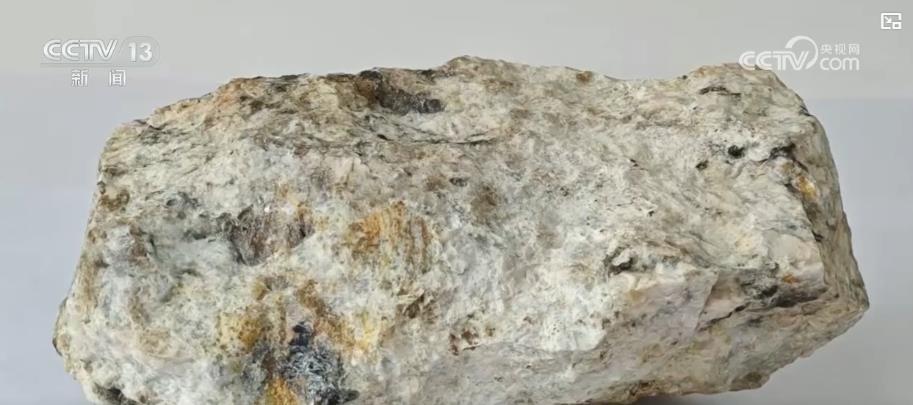 找矿效果不断涌现!我国优势矿种资源量大幅度增加 资源优势稳固
找矿效果不断涌现!我国优势矿种资源量大幅度增加 资源优势稳固